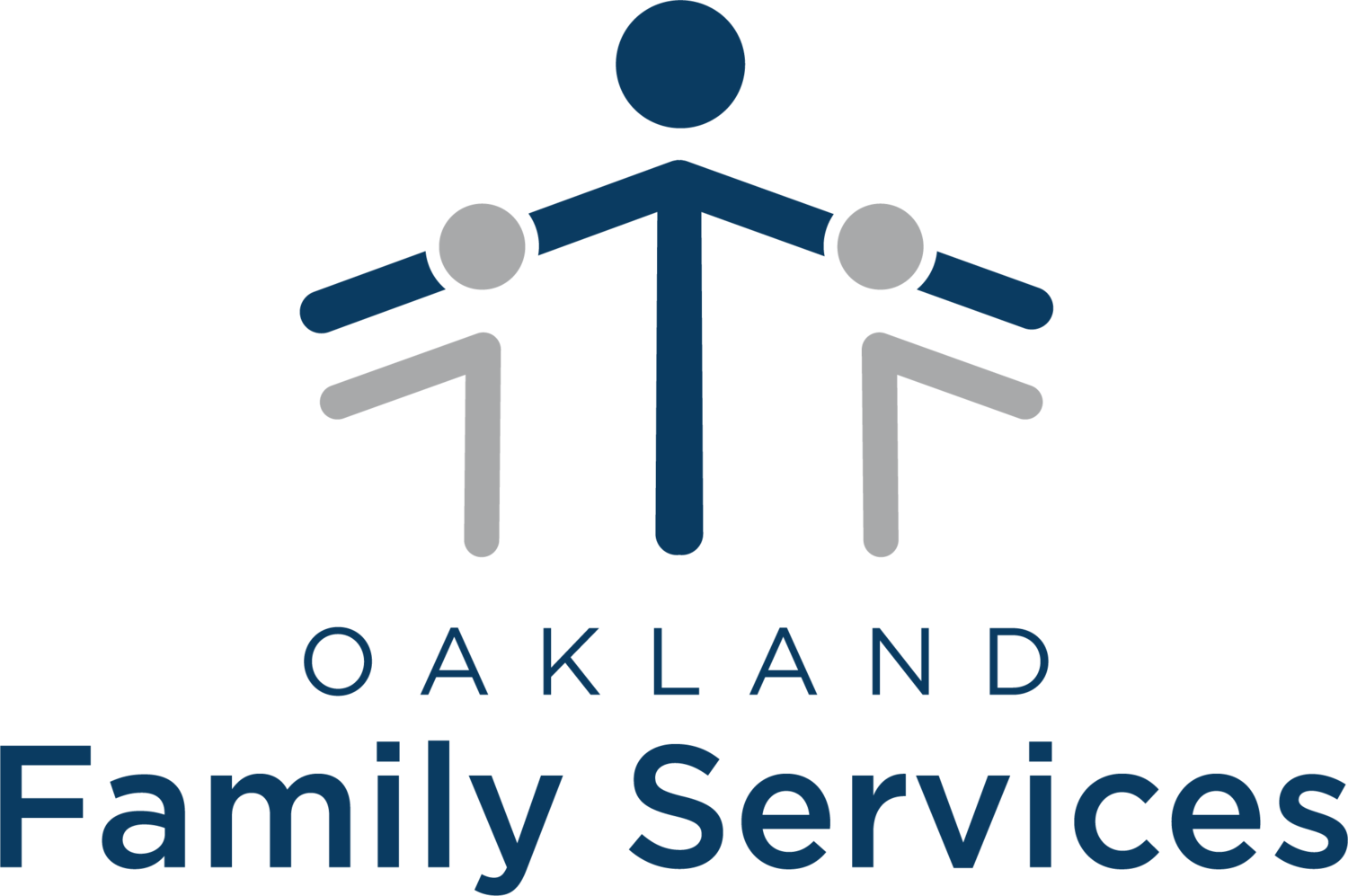March is National Developmental Disabilities Awareness Month
Every March, we celebrate National Developmental Disabilities Awareness Month, a time dedicated to raising awareness, promoting understanding, and fostering inclusion for individuals living with developmental disabilities. Developmental disabilities encompass a diverse range of conditions that affect cognitive, physical, emotional, and social development. From autism spectrum disorder (ASD) to Down syndrome, developmental disabilities can present unique challenges. However, with the right support and resources, individuals living with developmental disabilities can thrive.
Common Developmental Disabilities and Statistics
Among the most prevalent developmental disabilities are autism spectrum disorder (ASD), attention deficit hyperactivity disorder (ADHD), cerebral palsy, Down syndrome, intellectual disabilities, and learning disorders. According to the Centers for Disease Control and Prevention (CDC), approximately one in six children in the United States has a developmental disability, highlighting the significance of this issue. These disabilities often manifest early in life and can vary widely in severity and impact.
Autism spectrum disorder (ASD) is one of the most widely recognized developmental disabilities, characterized by challenges in social interaction, communication, and repetitive behaviors. The CDC reports that approximately 1 in 54 children has been diagnosed with ASD, highlighting the importance of early detection and intervention.
Down syndrome, a genetic condition caused by the presence of an extra copy of chromosome 21, affects approximately 1 in 700 births in the United States. Individuals may experience cognitive delays, distinct facial features, and a range of health issues.
Cerebral palsy is a group of neurological disorders that affect movement and coordination, often resulting from brain damage before, during, or shortly after birth. It is the most common motor disability in childhood, with an estimated prevalence of 1 in 345 children in the United States.
Intellectual disabilities, characterized by limitations in intellectual functioning and adaptive behavior, affect approximately 1-3% of the population worldwide. These disabilities can range from mild to severe and may require ongoing support in various aspects of daily life.
Milestones Ages 0-3
Early childhood is a critical period for development, and monitoring developmental milestones is essential for identifying potential concerns and providing early intervention when needed. While children develop at their own pace, there are certain milestones that typically occur within specific age ranges:
By 6 months: Babies should begin to babble, respond to sounds, and make eye contact.
By 12 months: Most children can say a few words, imitate gestures and sounds, and respond to simple commands.
By 18 months: Toddlers may have a vocabulary of several words, point to body parts when asked, and follow simple directions.
By 24 months: Children typically have a vocabulary of 50 or more words, use two-word phrases, and engage in pretend play.
By 36 months: Most children can speak in simple sentences, follow more complex instructions, and engage in interactive play with peers.
Monitoring these milestones can help parents and caregivers identify any potential developmental delays or concerns and seek appropriate support and services. Early intervention is crucial for addressing developmental disabilities and maximizing the potential for positive outcomes.
In conclusion, National Developmental Disabilities Awareness Month provides an opportunity to promote understanding, acceptance, and inclusion for individuals with developmental disabilities. By raising awareness, advocating for supportive policies and resources, and celebrating the diverse abilities of all individuals, we can create a more inclusive and equitable society for everyone. Let us embrace diversity, empower individuals, and work together to build a world where everyone has the opportunity to thrive.
At Oakland Family Services, our Early On program is dedicated to ensuring the healthy development of children from birth to 3 years old in Oakland County. Through comprehensive developmental assessments and evaluations, we address areas such as gross motor skills, cognitive abilities, speech, and more. Parents play an integral role in this process, as evaluations are conducted in the comfort of your home environment.

